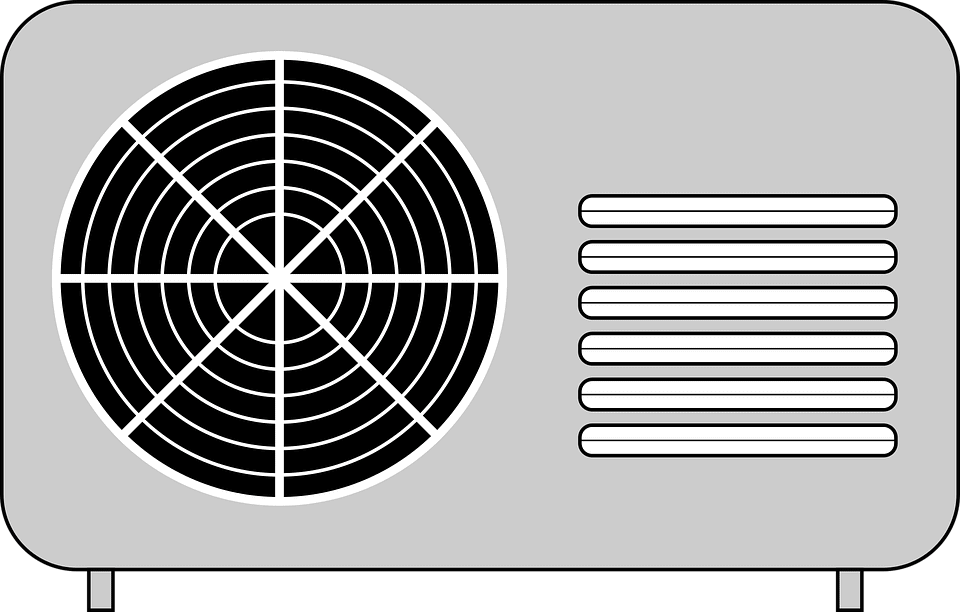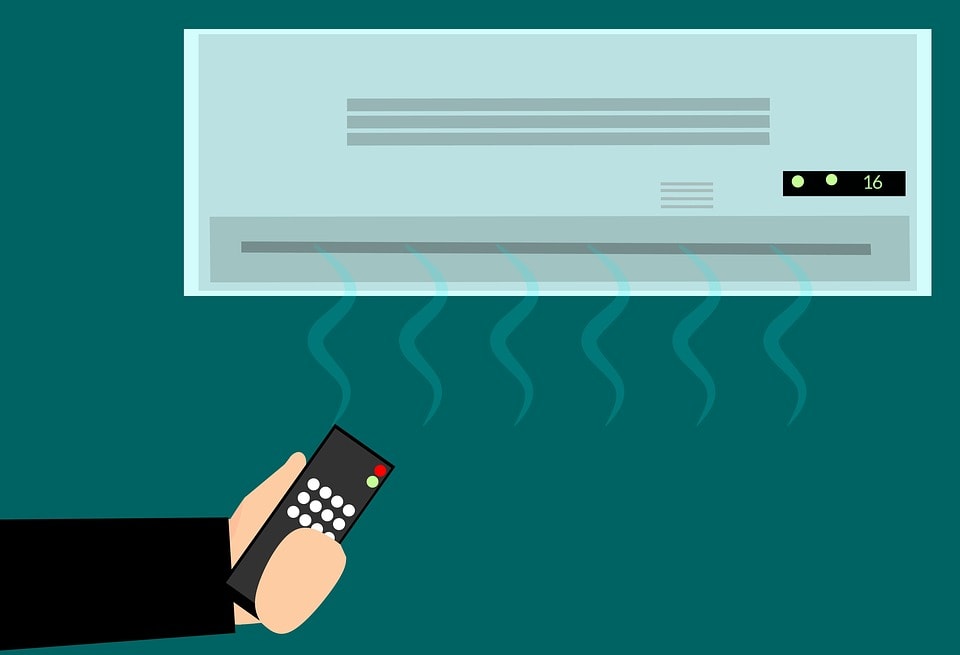If you are interested in working in the HVAC industry, you will need to complete an accredited HVAC training program and gain relevant work experience in the field of heating, ventilation, air conditioning and refrigeration.
The HVAC industry is growing at a rapid pace and the U.S. Bureau of Labor Statistics reports that demand for HVAC technicians and HVAC professionals is only expected to increase over the next decade as more residential and commercial buildings are developed and built, and as the industry as a whole shifts towards energy conservation and environmentally-friendly practices. Learning about the HVAC industry and the overall outlook for employment within the industry can help you decide if becoming an HVAC technician is the right career path for you.

Training for the HVAC Industry
You will need to complete an accredited HVAC technician training program or HVAC training program to enter the HVAC industry. These programs prepare you for a certification and licensing exam, and typically take about two years to complete. Having an associate’s degree in the field can lead to entry-level or assistant positions. If you decide to complete an apprenticeship program after your HVAC degree program, you will gain valuable work experience and may even be paid throughout the program.
Completing an apprenticeship can be a great way to get a head start in the HVAC industry, learn some valuable skills that are used in the workforce today, and also network with other HVAC professionals and technicians. You’ll be more qualified for various types of HVAC jobs after completing a multi-year apprenticeship program.
Outlook for the HVAC Industry
The HVAC industry in the United States is experiencing a period of rapid change as more manufacturers of HVAC systems start producing machines and equipment that are more eco-friendly and are designed to reduce a building’s carbon footprint. Energy consumption is a major problem for many heating, ventilation, air conditioning and cooling systems, and many HVAC training programs now include EPA certification training and courses in environmentally-friendly practices and procedures.
Today, there is more of a focus on air quality, recycling, and increased regulation under The Energy Policy Act of 2005 that went into effect on January 1, 2010. There are now incentives for consumers and companies to adopt energy-efficient technologies and eco-friendly practices throughout business operations, and when conserving energy at home. New minimum efficiency standards for consumer and commercial products have been set forth, prompting consumes and commercial customers to purchase highly energy-efficient models and machines.

HVAC technicians and contractors are now able to find more jobs with well-capitalized firms and contracting companies around the country, instead of just with local employers. While some continue to provide HVAC services as independent contracts, they are facing increased market competition in the HVAC industry and many are choosing to work for more well-established companies.
Demand for HVAC specialists is expected to increase and continue to grow at a steady rate because of the increase in energy-efficient appliances, homes of the future that are built with eco-friendly machines and practices, and innovations in various types of residential and commercial structures.
